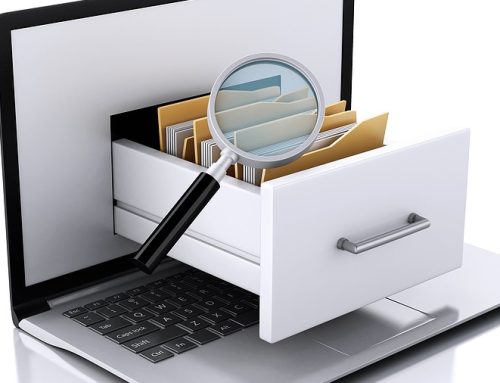In a business environment driven by information, effective management and use of data proves more critical than ever before. Consequently, effective data governance strategies should play a key role in business resolutions for the new year. This will involve looking at business needs and the current state of your data and then determining governance best practices to generate ROI.
An understanding of current data governance trends can also help provide some direction. For instance, several new privacy regulations take effect in 2023 that require greater data visibility. And organizations need to adjust strategies to better address the ongoing challenges of a multi-cloud and hybrid cloud environment. Automation will continue to play a key role, as well.
Determine and Communicate Goals for Data Governance
While trends and technologies inform strategic planning, however, data governance resolutions should focus on powering business goals. Thus, strategic planning should begin with gathering stakeholders to identify business priorities, challenges, and risks.
Any effective data governance program requires buy-in at all levels. When employees understand the purpose and goals of the policies and standards presented, they engage. Be specific and clear. Communicate clearly and often.
For instance, because of a company merger, the organization may set a goal to build consistency in data use across the board. Alternatively, the organization might launch an initiative to tag sales data more effectively to inform a targeted marketing campaign.
Take a Step Beyond Checkbox Compliance
Regulatory compliance often drives data governance. For instance, HIPAA requires certain data retention policies and necessitates careful attention to personal health information. However, when organizations merely check off the boxes on an audit form, they fail to tap into the real power of data governance.
To prove truly effective, compliance needs to be part of company culture throughout the year, not just at audit time. For example, beyond simply verifying the existing data security controls, conduct penetration testing to determine effectiveness. Likewise, ongoing compliance monitoring helps companies address issues that arise with new vendors or new technologies.

Increase Data Visibility
To comply with privacy regulations or harness data for effective decision making, organizations must be able to find the data and view it in context. Consequently, increasing data visibility will likely play a part in any data governance resolutions. Tools like Microsoft 365 Purview power that process.
For example, Purview provides three ways to classify data and create a data map that stays up to date. Data users can manually tag data when necessary. More effectively, the system uses pattern matching to recognize and tag data such as credit card numbers. And trainable classifiers use machine learning to identify certain types of content based on examples.
Additionally, the Microsoft Purview data catalog includes powerful search capabilities to help users find relevant data. They can then view data lineage and other pertinent details and go directly to the data source.
Find Opportunities to Automate
Automation, such as the pattern matching and machine learning that Purview uses to tag data, takes data governance to the next level. With massive amounts of data, addressing policy enforcement, data tagging, monitoring and so on manually simply is not feasible. Automation reduces error and allows for data governance at scale.
This coming year, look for areas to introduce automation, particularly to handle repeatable or redundant tasks. For instance, automation can help with tagging data, managing the approval process, and processing permission requests.

Getting Started with Data Governance Strategies for the Coming Year
Resist the temptation to conquer data governance in a single year. Instead, choose small, manageable projects that support business goals. Communicate those goals clearly, automate where possible and choose the right tools.
The data governance experts at Messaging Architects can help. From data categorization and security to compliance monitoring, eDiscovery management and more, we will help you choose and implement tools and strategies to power business goals. In fact, you may have some of the tools you need already, and we can help you use them more effectively.









